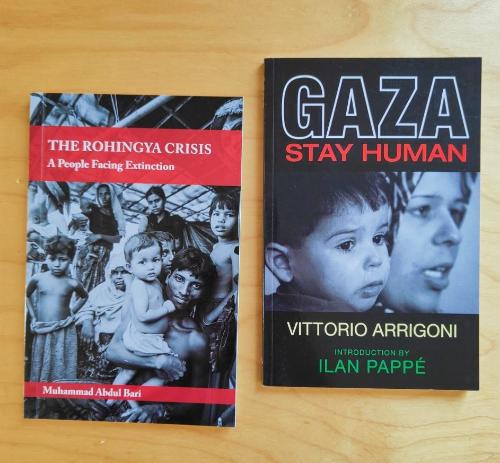One of the foundational principles of Islam is justice. Justice is to be upheld for all human beings, regardless of race, gender, religion, or beliefs. Every individual is entitled to be treated with respect, dignity, and fairness, and to receive justice for any wrongs committed against them.
Throughout history, and especially in our current times, we are witnessing unprecedented levels of injustice. These injustices occur on both micro levels, within families and communities, and on macro levels, politically and globally. The shocking reality of millions of people becoming homeless, stateless, and forced to flee for their lives serves as a stark reminder of how pervasive injustice has become. It also reminds us that the blessings we enjoy today may not be present tomorrow.
Even more troubling is the ongoing turbulence, unrest, and injustice faced by Muslim populations worldwide. In this blog post, we will focus on two specific populations: the Rohingya and Palestinians. However, this bleak reality affects many other groups across the globe, and it is crucial that we speak out against all forms of injustice.
What do the Rohingya and Palestinians have in common?
Both groups have faced systemic efforts to erase their cultural and national identities while enduring the devastating effects of environmental degradation caused by cruel human actions. They have both been subjected to the horrors of genocide and ethnic cleansing. It has been seven years since the Rohingya genocide was committed by the Myanmar military. Thousands were killed, entire villages burned, and 700,000 Rohingya were forced to flee, seeking refuge in neighbouring Bangladesh. In Gaza, it has tragically been almost a year since a horrific genocide was unleashed on its population. Tens of thousands have been killed, entire neighbourhoods reduced to rubble, and the infrastructure and economy have been decimated.
As Imam Omar Suleiman says, "We cannot let human displacement, which disproportionately targets Muslims, become the norm of the world."
What can you do to help?
Watch this insightful video by Yaqeen Institute to learn more and see what you can do to help. Please also explore our selection of books on Palestine and the Rohingya available here.

